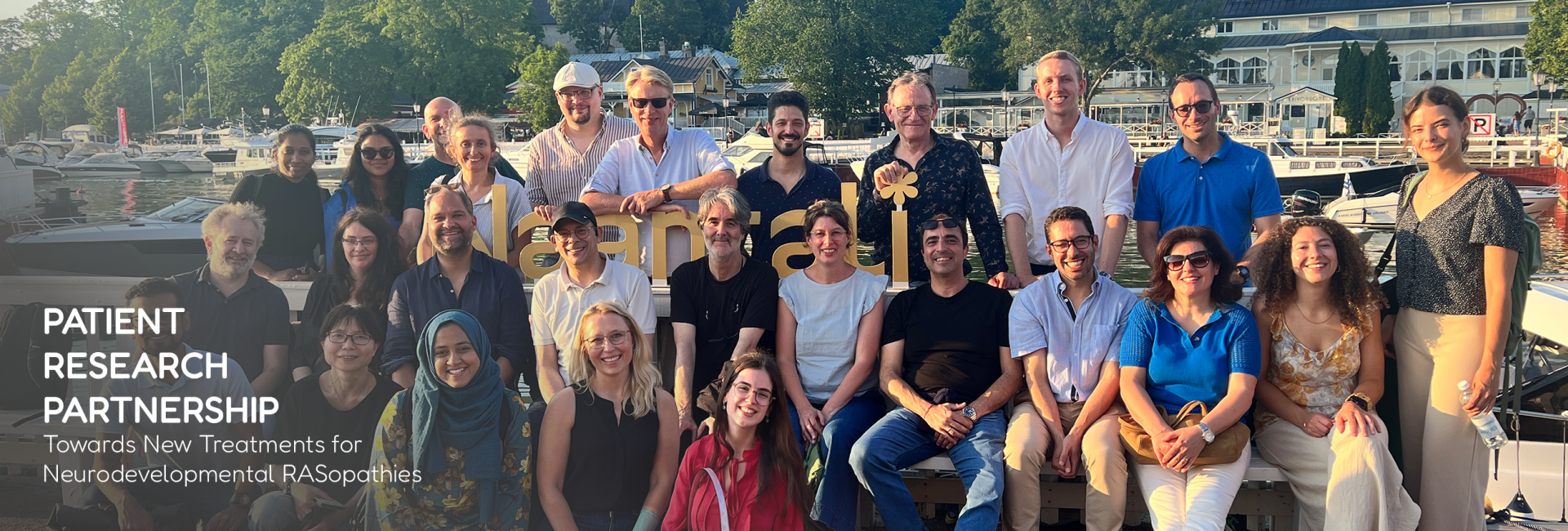EURAS Progress Meeting in Turku: A Movement Led by Families, Powered by Science
From 15–16 July 2025, families and researchers from eight European countries gathered in Turku, Finland for the fourth EURAS progress meeting. A milestone event that was about more than just reviewing data. It was about reaffirming the heart of the project: the children living with RASopathies.
Born from the determination of parents wanting to make a difference, EURAS is unique in its origins and its spirit. The project focuses on deepening our understanding of CFC, Costello, Noonan and SYNGAP1 syndromes — rare neurodevelopmental disorders grouped under the term RASopathies. But even more, it shows what is possible when science and families come together.
“As a consortium, we have already achieved important milestones. Collecting and analysing data from over 200 patients in the PATRAS registry has given us the first clear picture of patient subgroups. This is laying the foundation for developing stem-cell based disease models and testing personalized treatments. We also saw impressive progress in technologies for delivering drugs and antisense oligonucleotides to the brain — work that was directly guided by patient input. What makes this progress possible is the close collaboration between scientists and families, a partnership that truly drives the project forward,” said Prof. Anna Fejtová, Project Coordinator of EURAS from Universitätsklinikum Erlangen.
Over the course of two days, project partner University of Turku hosted over 30 representatives from the 16 partner institutions — spanning researchers, clinicians, project managers and parent representatives.
The meeting agenda included updates from each work package, discussions on emerging research findings, reflections on challenges and solutions for moving forward. Importantly, family voices were front and centre throughout the discussions.
By grounding scientific research in real-world experiences, EURAS continues to break new ground in how research projects can, and should, be structured. It is not just a study; it is a shared mission.
Stay connected as we continue building bridges between research and real life. Follow the EURAS project for news, findings and stories that show what is possible when science and families walk the path together.

